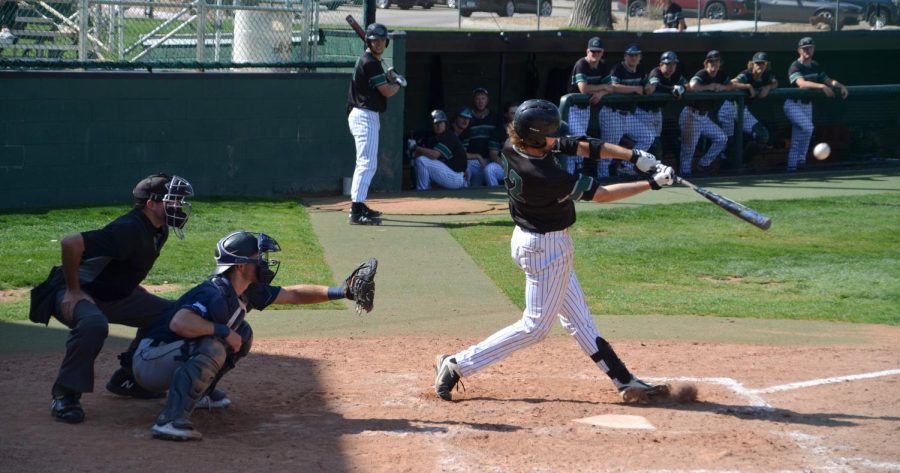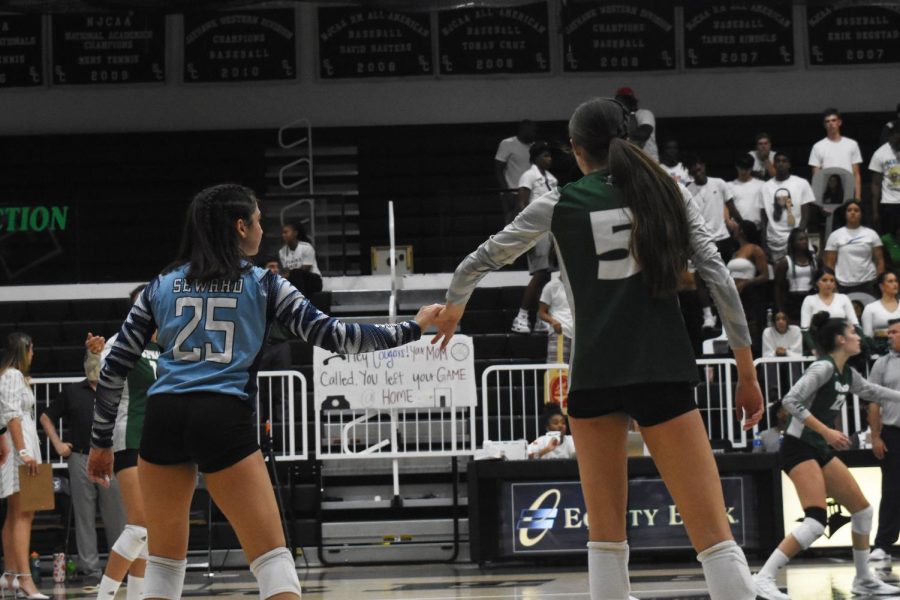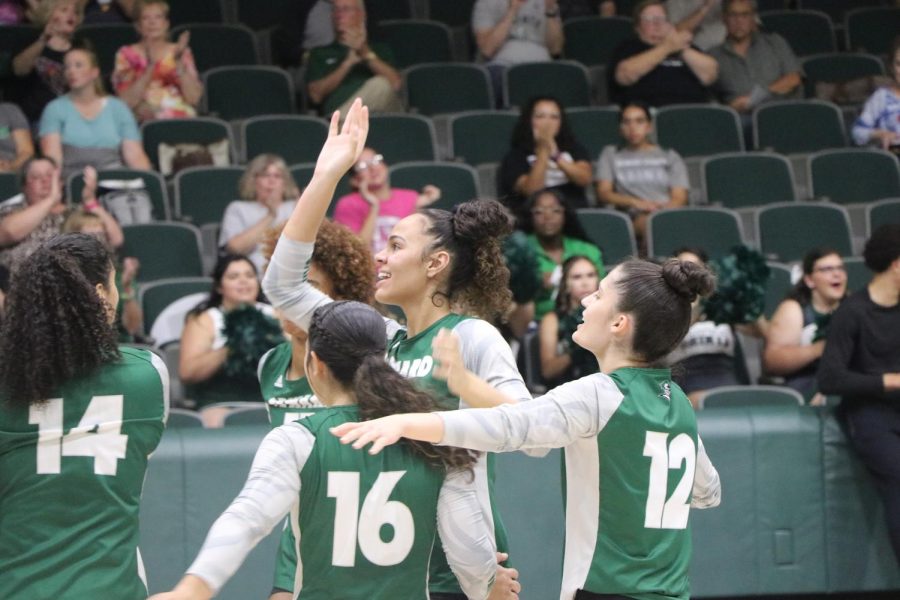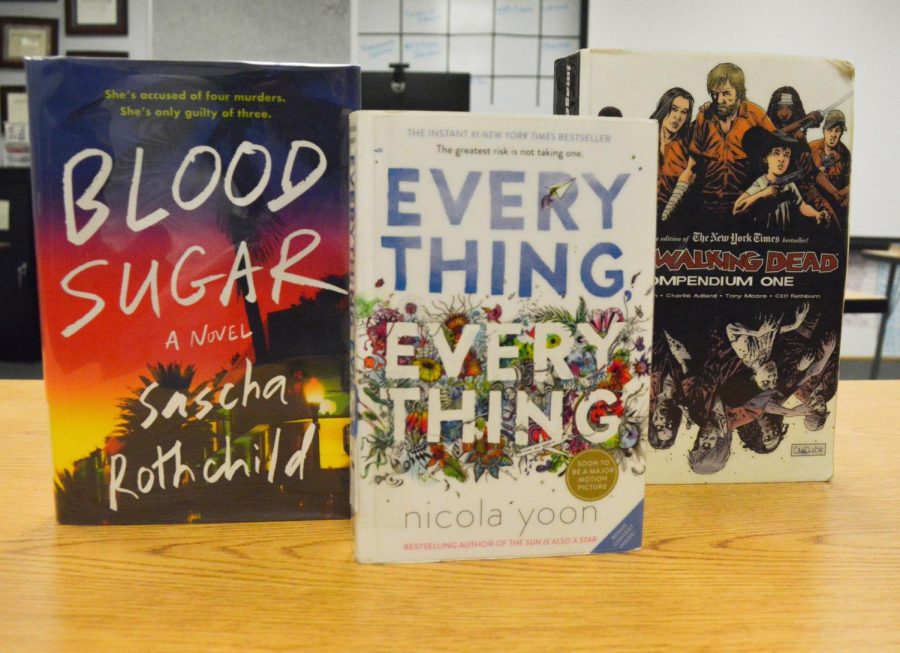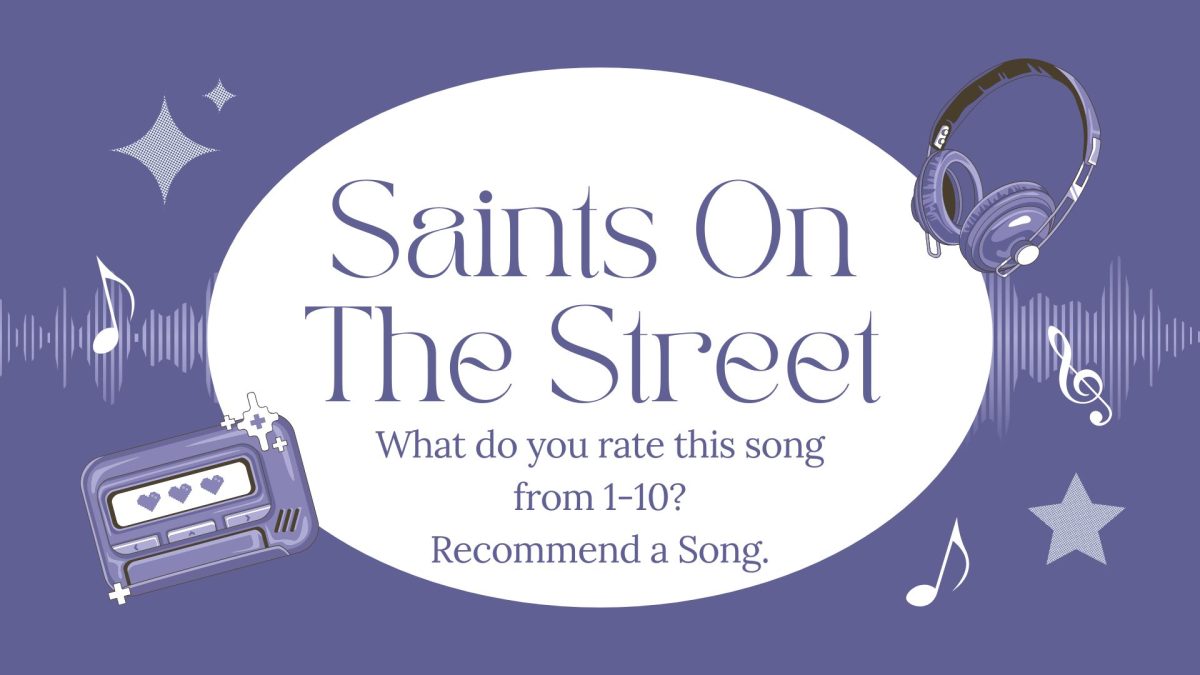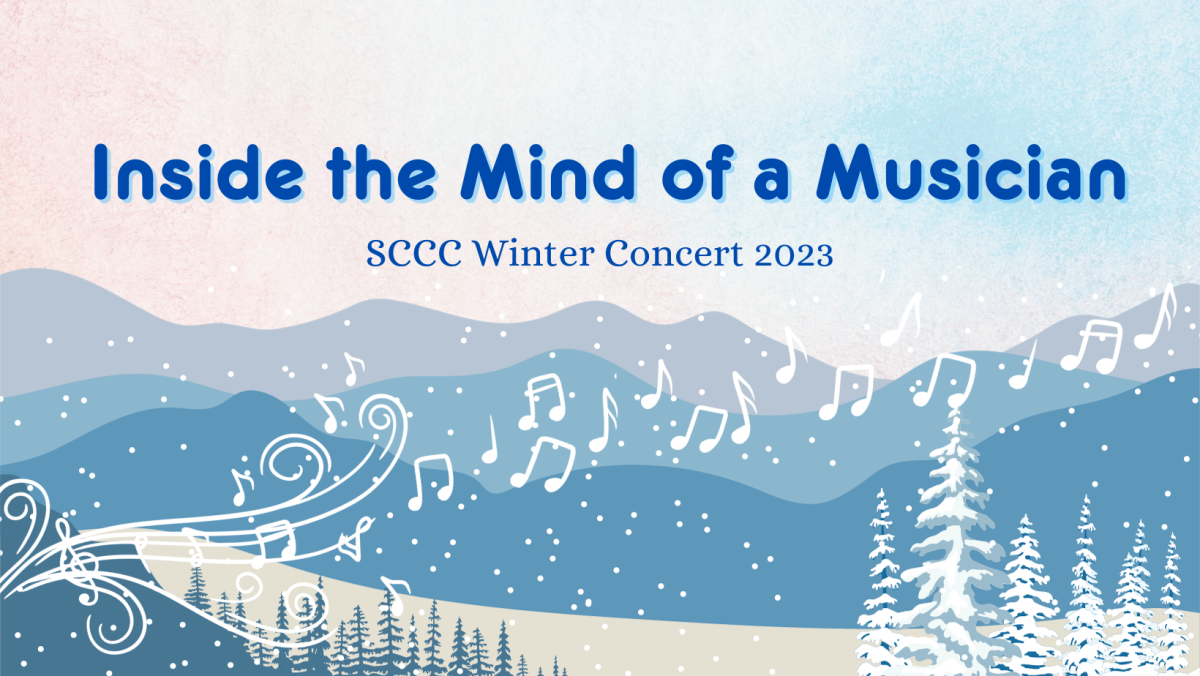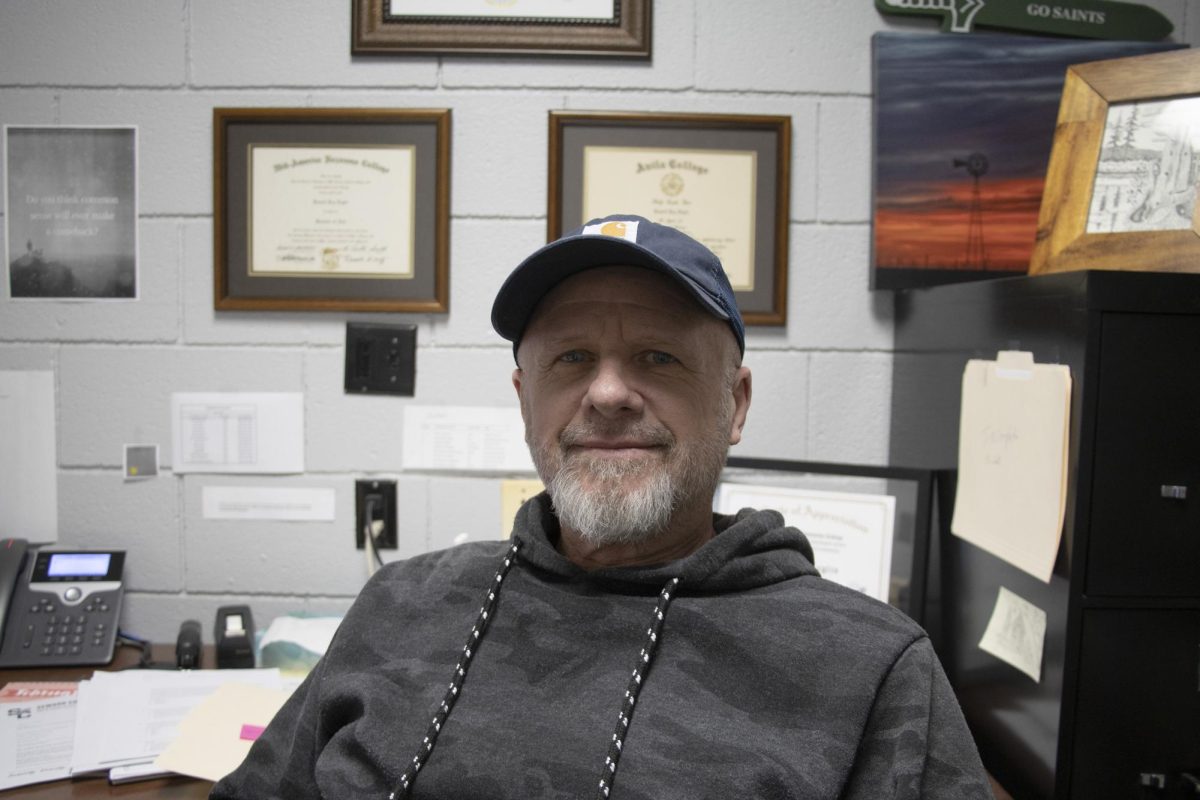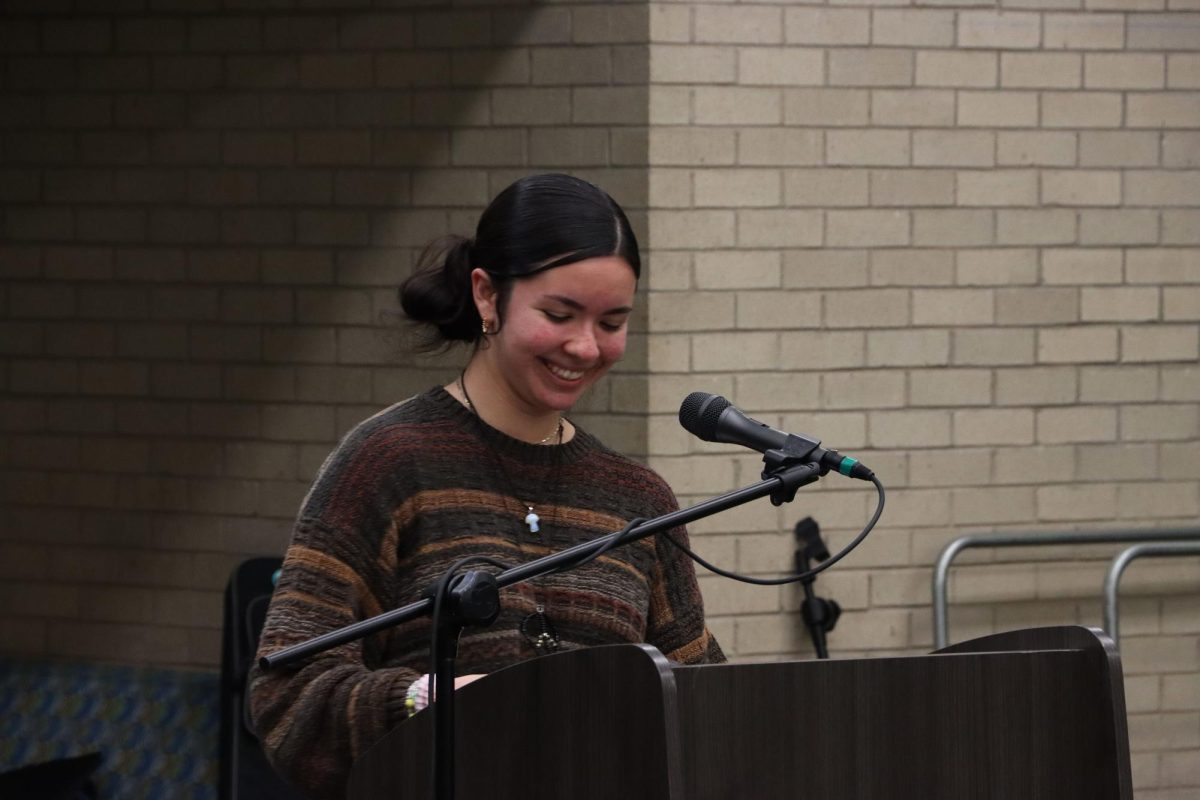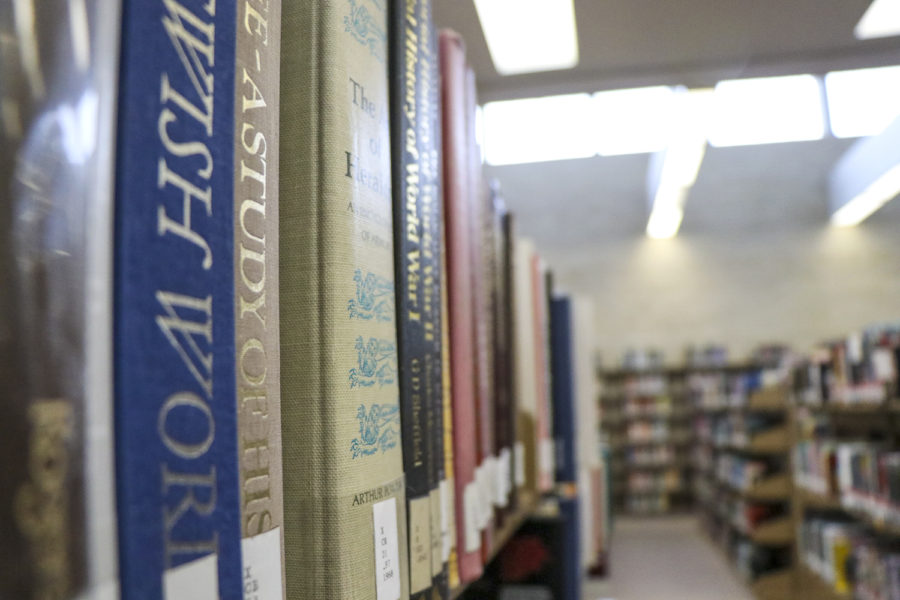Opinion: Banning books limits exploration
Books line the walls of the SCCC library. Every year, hundreds of books come up for discussion on whether it should be banned or not.
Librarians and school teachers across the country try to bring awareness to books that are being challenged and banned. In fact, there’s even a week dedicated to this in September but it’s something we should be aware of everyday.
We need to celebrate everyone’s freedom to read whatever book they choose despite what others might think. According to the American Library Association (ALA), there were a total of 483 books that were challenged or banned throughout 2018.
Since no one usually reports to the ALA’s office of intellectual freedom when a book gets challenged, it’s highly possible that the number of challenged books was way higher than 483 last year. And although only about 10% of these challenges that aim to ban certain books came to fruition, it’s still a scary thought that people would want to censor so many books and the author’s individual voice that goes along with each book.
Now, why would anyone go as far as to try and remove a book from their kids classroom or public library? Well, most of the time books gets challenged because it contains sexually explicit material, offensive language, or because adults don’t think that it’s suitable for the age group it’s targeted towards.
Sometimes the reason a book is challenged makes more sense than it would with other books. Like in 2018, the most recent no. 1 challenged book was George, by Alex Gino, for including a transgender character. It’s a children’s picture book that is being challenged because a lot of adults don’t find the content in it suitable for the age group that it is aimed at.
This makes sense since introducing kids to the subject of being transgender is a controversial topic in society right now. But other challenges might leave the reader scratching their heads, like Harry Potter, by J.K. Rowling, which was banned for different religious viewpoints, being anti-family, occult/satanism, and probably the reason that makes the most sense out of all of them, violence.
Usually the adult that is challenging a book thinks they’re protecting children from themes and subjects that they may not be able to fully comprehend or handle at their age, but it’s more damaging than it is productive. The whole point of going to school is to be challenged in all areas of academics. One of those areas is a person’s ideas and opinions. I also think it’s a lot better to become aware of the controversial topics that books cover in a learning environment, than being caught off guard by them in a more unforgiving social space as an adult.
When a book gets removed from a classroom or library, it’s not merely a book getting removed from a shelf that can be easily replaced by any other book, but a voice and opinion that is being silenced by an adult’s ignorance towards other’s experiences. It sends a bad message of intolerance of others’ viewpoints to the children they’re trying to protect, and shows those same children that it’s okay to dismiss others perspectives without even trying to understand what their message is.
This can be especially damaging to smaller communities that lack culture and diversity. Challenging and banning books in smaller communities puts their viewpoints in a box and limits their areas of exploration. That’s why it’s paramount that we stop this process altogether, because it strips individuals of the freedom to explore whatever they want and limits their worldview.
Books are one of the best ways to be introduced to other’s circumstances, experiences and perspectives. They show us what can sometimes look like a static world in new and refreshing ways through other’s viewpoints. And they can also teach us lessons through the history of others pain and suffering that we can all relate. When you start to censor authors, all these wonderful things that books give us, disappear, and the world becomes a bleaker place.

William Swanson is a simple man, he writes mediocre articles and he plays Halo 3. Water is his favorite food. He also thinks...

Calen Moore is a sophomore at SCCC and is from Liberal. He discovered his love for writing through writing for Crusader News....



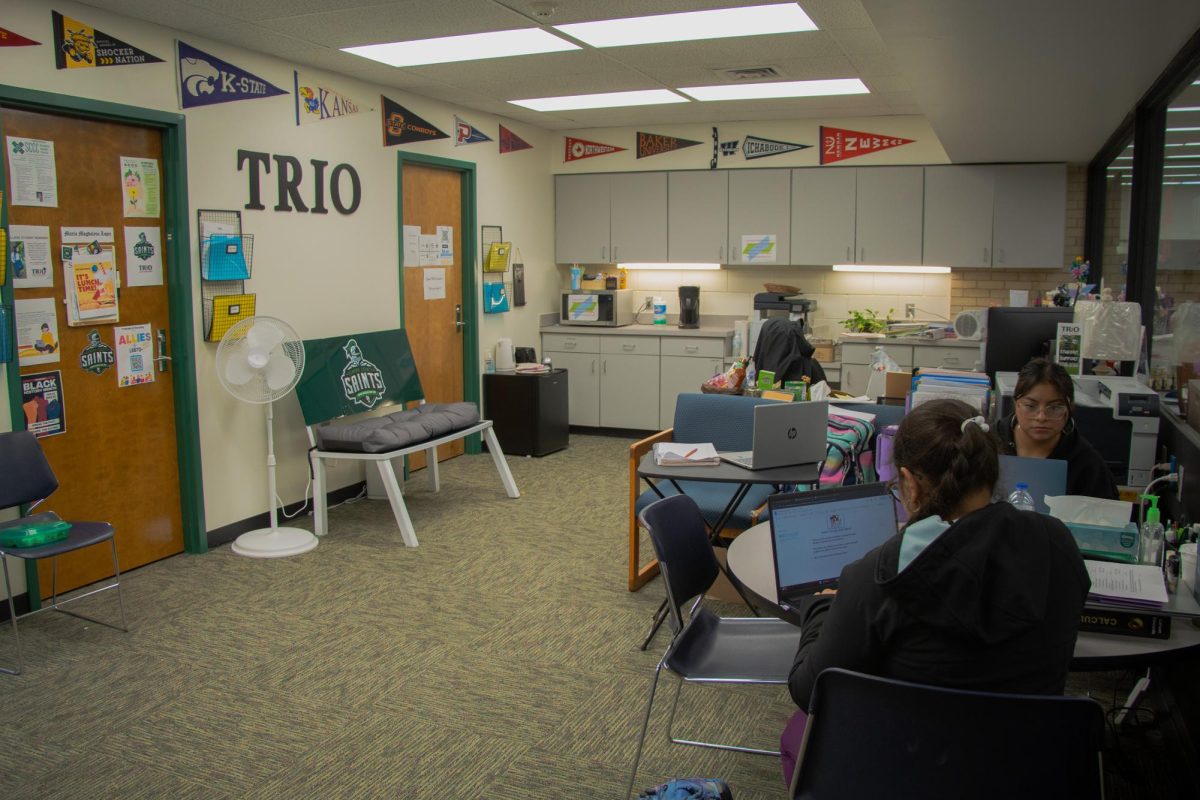

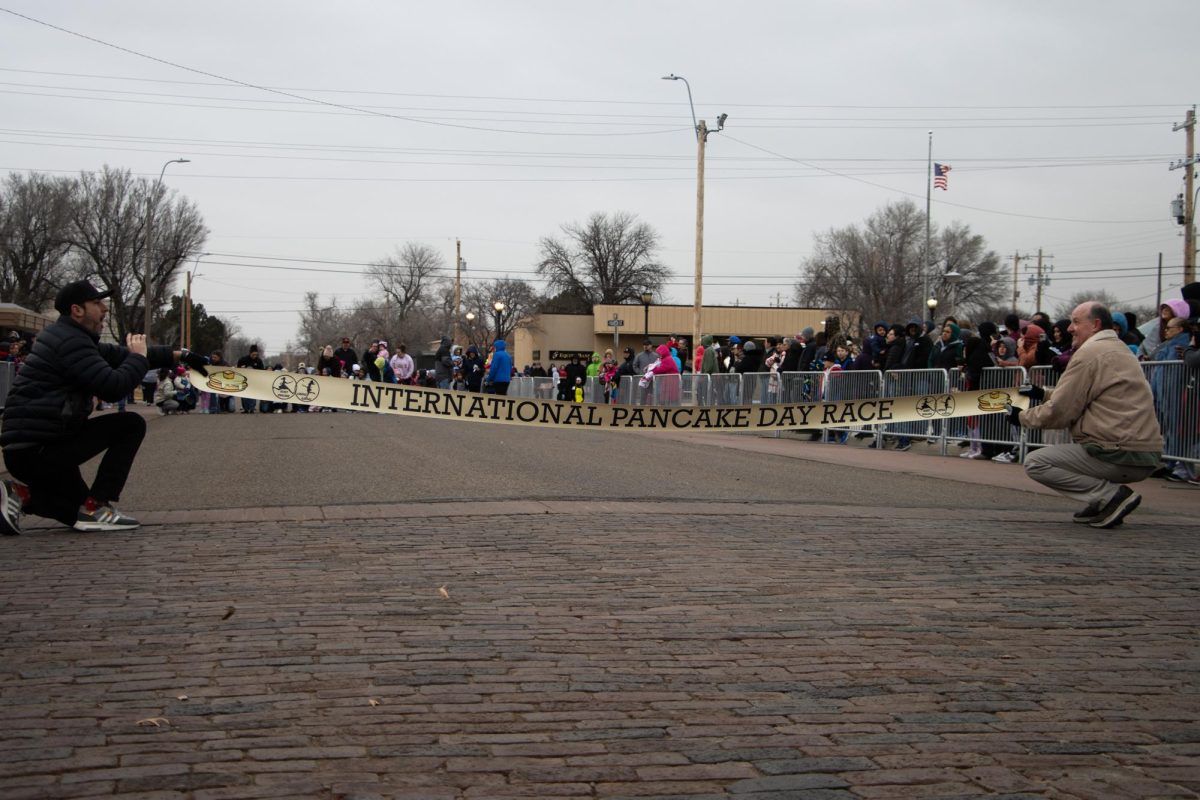








![The sophomores were recognized on the field instead of walking across the stage during their doubleheader. They received their diplomas and a picture of themselves playing during their career at Seward. [Pictured left to right are Dylan Day, Reed Thomas, Jase Schneider, Mason Martinez, Gannon Hardin, Brody Boisvert, and Zach Walker]](https://crusadernews.com/wp-content/uploads/2022/05/WEBDSC_0275-900x454.jpg)
